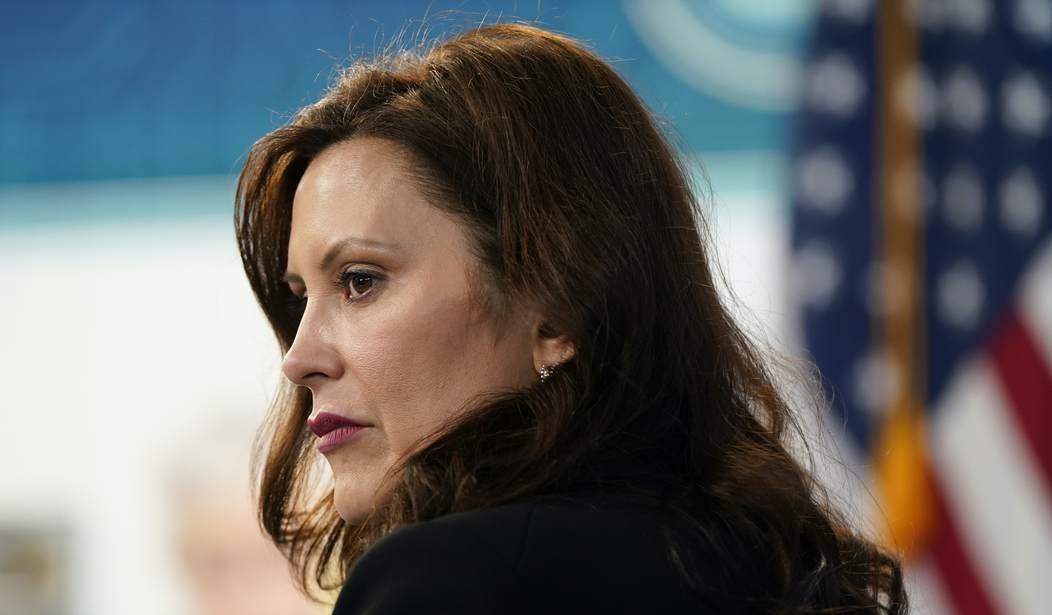The University of Michigan announced last week it has formed a task-force aimed at maintaining access to abortion both in and out of the state following the potential overturn of Roe v. Wade.
The task force is made of University of Michigan President Mary Sue Coleman, who openly says she strongly supports “access to abortion care,” along with other faculty, staff, and students in the medical school and the department of women and gender studies.
In the release, Coleman said she is "deeply concerned about how prohibiting abortion would affect U-M's medical teaching, our research, and our service to communities in need."
Dee Fenner, the co-chair of the task force and a professor at the University of Michigan, said the end of Roe could affect the educational outcomes of pro-abortion students (via University of Michigan):
The impact will be felt in our classrooms as well, where pregnancy, undesired birth or complications of unsafe abortion may impact educational attainment. Overturning Roe is a health, gender and racial equity issue. We need careful planning to mitigate its most serious potential effects.
Later in the statement, Fenner said the task force is preparing to fight the end of Roe to perpetuate the availability of abortion in Michigan (via University of Michigan):
We recognize that abortion is a complex issue that may bring up complex feelings. Regardless of one’s personal feelings about abortion, as professionals providing reproductive health care, this is a time of great uncertainty for us and for our patients. But we are pulling together a large, diverse group of university leaders to make sure we are prepared for whatever may happen.
Recommended
According to the release, the final goal of the pro-abortion task force if Roe v. Wade is overturned would be to provide resources for out-of-state abortions so that Michiganders do not need to be uncertain about the opportunity to end unborn lives.
Pro-abortion Michiganders are especially on edge at the prospect of Roe’s defeat due to a 1931 law that bans abortion statewide except out of necessity to save the mother's life. The law has not been in effect for decades but it was set to become the status quo in Michigan if Roe were to fall. Now, a ruling made by pro-abortion Judge Elizabeth Gleicher has suspended that law. Not only is Gleicher pro-abortion, she is also a regular donor to Planned Parenthood and has represented them in her legal career, as Townhall reported.
Gleicher granted a preliminary injunction in the lawsuit filed by Planned Parenthood of Michigan and said the 1931 abortion ban “likely violates the Michigan constitution.” With this injunction in place, abortion will not become illegal in Michigan even if Roe is overturned.
The 1931 law is also subject to a lawsuit filed by Gov. Gretchen Whitmer (D-MI) who wants the Michigan Supreme Court to declare the law unconstitutional. Michigan Attorney General Dana Nessel (D) sides with Whitmer and those fighting against the preservation of life (via AP):
The attorney general’s office typically defends against challenges to Michigan laws. But Attorney General Dana Nessel, a Democrat, said she would not defend or enforce the abortion ban. She, too, believes it is unconstitutional and welcomed the injunction.
Pro-life groups are challenging Gleicher's ruling including Right to Life of Michigan and the Michigan Catholic Conference, which Townhall reported. John Bursch is one of the attorneys representing the case. "They may not like it. But no one has the ability to unilaterally ignore, change, encourage the invalidation of Michigan law. They should be working through the democratic process just like anyone else," he said to AP.

























Join the conversation as a VIP Member